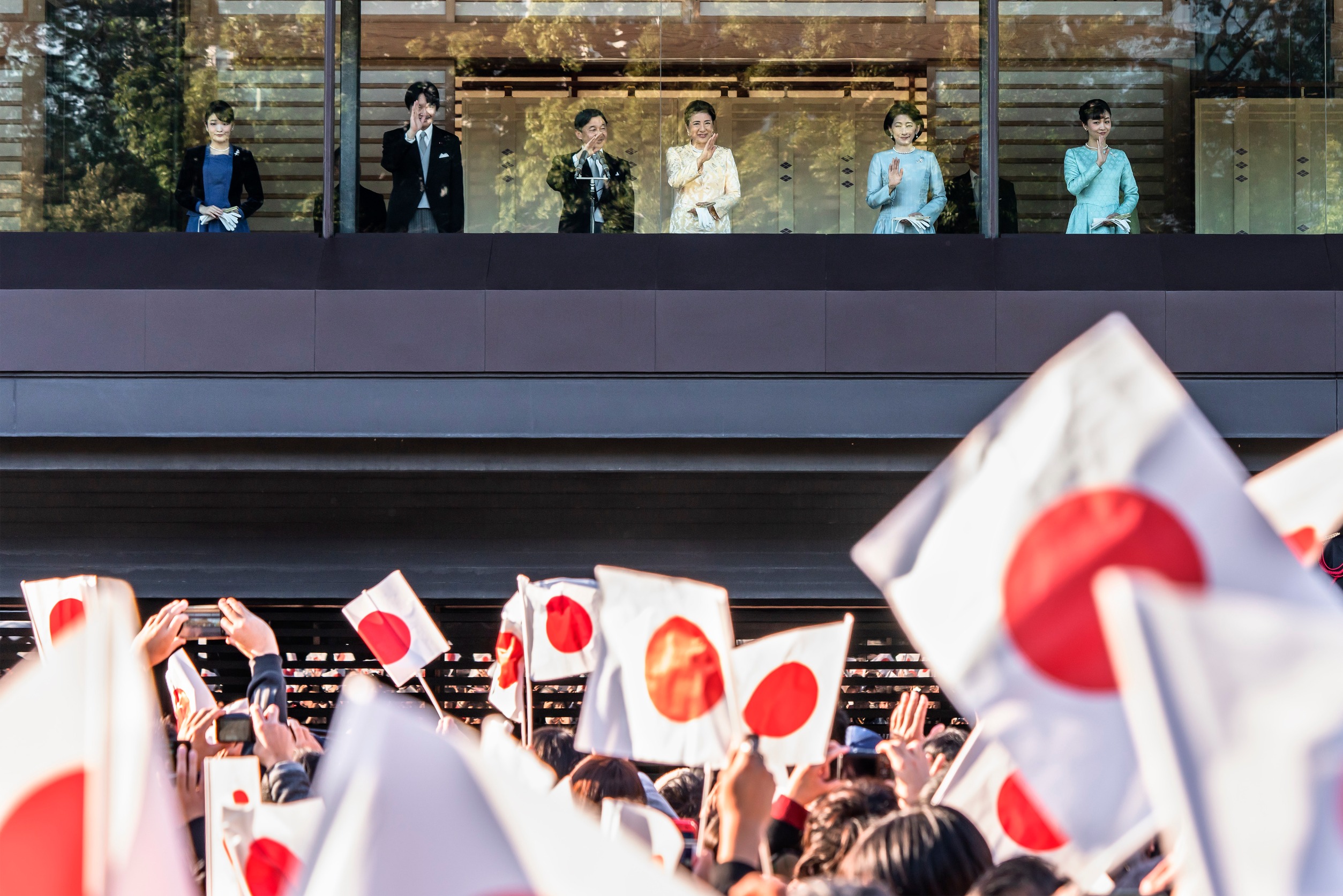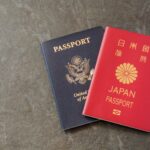Is Japan a Monarchy?

Is Japan a Monarchy?
A Dive into the Japanese Imperial System
When we think of monarchies, oftentimes our minds drift to medieval castles, knights in shining armor, and grand coronations. But monarchies are not just relics of the past; many countries still retain their royal lineages, and Japan is one of them. But what kind of monarchy is it, and how does it influence modern-day Japan? Let’s delve into the Japanese Imperial System.
A Historical Overview
Japan’s monarchy, known as the Imperial Family, claims the oldest hereditary monarchy in the world, with its lineage dating back over a millennium. According to Japanese mythology, the first emperor, Emperor Jimmu, was a descendant of the sun goddess Amaterasu and founded the nation in 660 BCE. While the exact dates and authenticity of the earliest emperors are a topic of academic debate, there is no denying the deep historical roots of the imperial family.
The Role of the Emperor
Japan is a constitutional monarchy, similar to countries like the United Kingdom. This means that while the country has a reigning monarch, real political power lies with the elected government. The Japanese Emperor’s role is largely ceremonial, symbolic, and non-political. In Japan’s modern constitution, drafted in 1947 after World War II, the Emperor is defined as “the symbol of the State and of the unity of the people.”
Emperor Naruhito, who ascended to the Chrysanthemum Throne in 2019 after the abdication of his father Emperor Akihito, performs various ceremonial duties. These range from hosting foreign dignitaries to attending cultural and public welfare events. However, he does not have any say in the government’s decisions or legislation.
The Imperial Family Today
The Imperial Family of Japan, residing in the Imperial Palace in Tokyo, consists of several members, including the Emperor, the Empress, their immediate family, and some extended family members. The family’s role is predominantly to uphold traditions and engage in public service activities.
It’s worth noting that Japan’s monarchy has seen its share of challenges and changes. A notable recent debate revolves around succession laws. Traditionally, only male heirs can ascend to the throne, but with a shortage of male descendants in the recent generations, there have been discussions about revising this rule, though no changes have been made yet.
The Cultural Significance
The Emperor and the Imperial Family hold a special place in the hearts of many Japanese people. While the family doesn’t wield political power, it serves as a link to Japan’s deep historical roots and cultural traditions. Events related to the Imperial Family, such as weddings, births, and ascensions, are widely covered in the media and celebrated across the nation.
Many festivals and traditions, such as the Emperor’s birthday, are recognized as national holidays, showing the lasting cultural significance of the monarchy in modern-day Japan.
Preserving the Throne: The U.S. Decision to Retain Japan’s Imperial System Post-WWII
The decision to retain the Imperial system in post-war Japan, with Emperor Hirohito in a symbolic and ceremonial role, was indeed heavily influenced by General Douglas MacArthur and the larger objectives of the United States in post-war Asia. Let’s delve into the reasons behind this decision:
1. Stability & Continuity:
One of the primary concerns of the Allied occupation of Japan was to ensure the stability and continuity of the Japanese government. The Emperor was deeply revered and considered a divine figure by the Japanese populace. Removing him could have led to massive civil unrest, making it harder for the Allies to maintain control and rebuild Japan.
2. Facilitating Demilitarization and Democratization:
Using the Emperor as a symbol, the Allies were able to promote their policies in Japan more smoothly. For instance, Emperor Hirohito’s public renunciation of his divinity in 1946, done under the influence of the Allies, played a significant role in the country’s shift from a militaristic regime to a pacifist democracy.
3. Counteracting Communism:
During the early years of the Cold War, the U.S. viewed a stable and friendly Japan as a crucial bulwark against the spread of communism in Asia, especially with China becoming communist in 1949 and the Korean War starting in 1950. Keeping the Imperial system, while stripping it of political power, helped ensure a sense of national unity and identity that could counteract any communist appeal.












